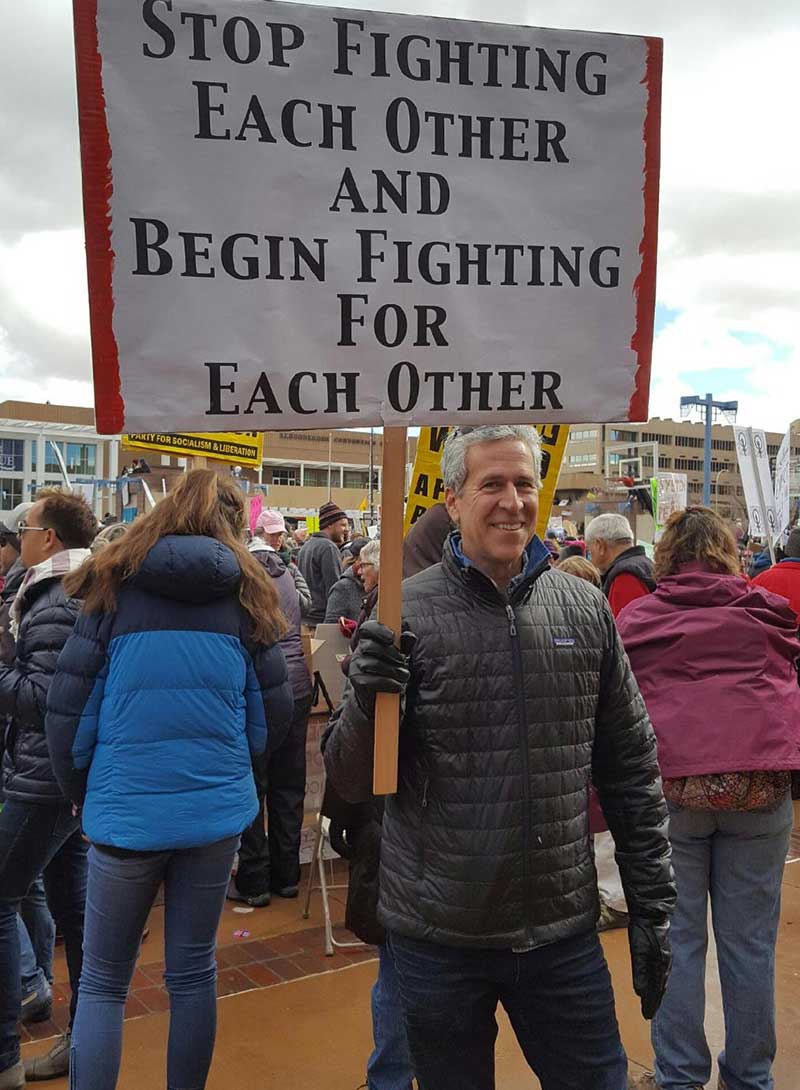Relational Activism
Shifting AttitudesA lifetime of activism
The Energetics of Protest
Yet, so many people stop attending rallies or find them ineffective for lasting change. Is it due to the anger of the crowd or is it easier to organize for something than against it. Have police on horseback or tear gas brought about more tears and fears than progress? I often left appreciating the courage and commitment, but something was missing.
Changing Perspectives
Relational Activism
Being an Active Witness
In learning about ubuntu from Archbishop Tutu, studying holistic principles and exploring principles of interconnectedness from around the planet, I’ve come to see that a new way of looking at our world is needed to foster a more effective activism. Relational activism recognizes that we must speak up, but we must be the change we want to see and not be caught in hate, anger or division. As Archbishop Tutu says “We should not become like the system we oppose.”
Additional Resources
Creative relational based activist groups and resources.
• RevolutionaryLoveConference.com
• Beyond the Messy Truth: How We Came Apart, How We Come Together by Van Jones

